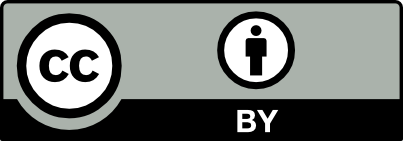Document Type
Original Study
Abstract
Purpose: This study was designed as randomized control trial to assess the effect of laser activation versus EndoVac systems with 5% apple vinegar irrigant on smear layer removal from root canal wall using scanning electron microscope. Material and Methods: Thirty three single rooted teeth were selected and prepared using Universal ProTaper rotary files and irrigated using sodium hypochlorite. Samples were randomly alienated into three groups (11 samples each) in proportion to method of activation of apple vinegar which used as final irrigant: Group I: Laser activated irrigation using810nm diode laser at 1.5 Watts power in pulsed mode, Group II: EndoVac system used according to manufacturer instruction, and Group III (Control group) irrigating needle was used for irrigation, the amount of irrigant and time of application were adjusted according to each irrigating method. Scanning electron microscopic analysis was performed to evaluate smear layer of each group at different root canal levels. Results: No significant difference between tested groups in coronal and middle thirds but there is significant difference in apical third and total. In apical third, there is statistically significant difference between laser activated and EndoVac compared to control group, while no significant difference was found between EndoVac system and laser activated group (P-value <0.05). Conclusion: This in-vitro study demonstrated that using of 810 nm diode laser activation and EndoVac system with apple vinegar are effective in removing smear layer compared to conventional irrigation, particularly at apical third of root canal system.
Keywords
Apple vinegar; EndoVac system; Laser activated irrigation; Smear layer
How to Cite This Article
Azzam, Doaa; Kamel, Wael; and Elsheikh, Hemat
(2022)
"Comparative Evaluation of Smear Layer Removal by Apple Vinegar Using Laser Activated Irrigation and EndoVac System: Randomized Control Trial,"
Al-Azhar Journal of Dentistry: Vol. 9:
Iss.
2, Article 2.
DOI: https://doi.org/10.21608/adjg.2022.76324.1392
Subject Area
Restorative Dentistry Issue (Removable Prosthodontics, Fixed Prosthodontics, Endodontics, Dental Biomaterials, Operative Dentistry)








